Back to Courses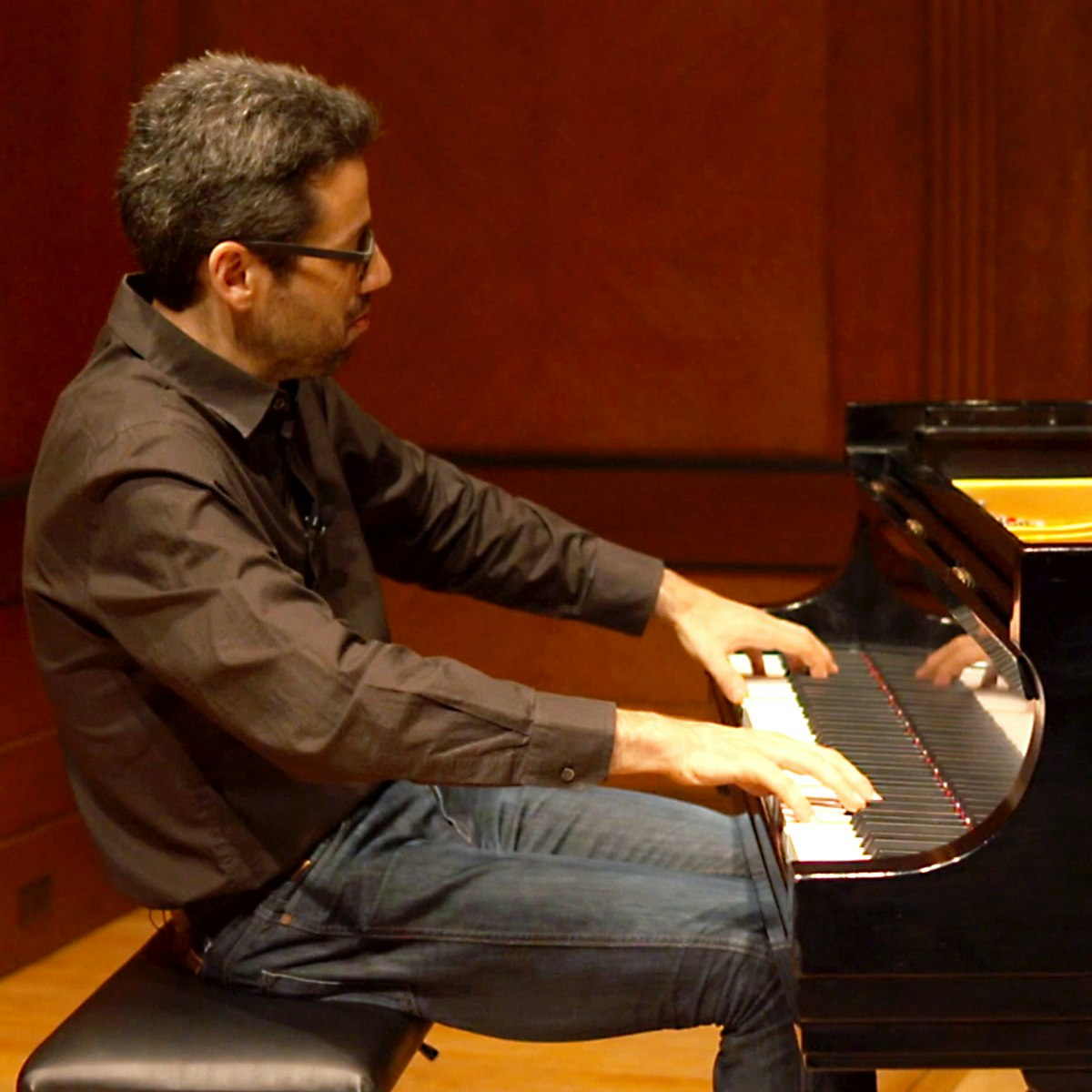
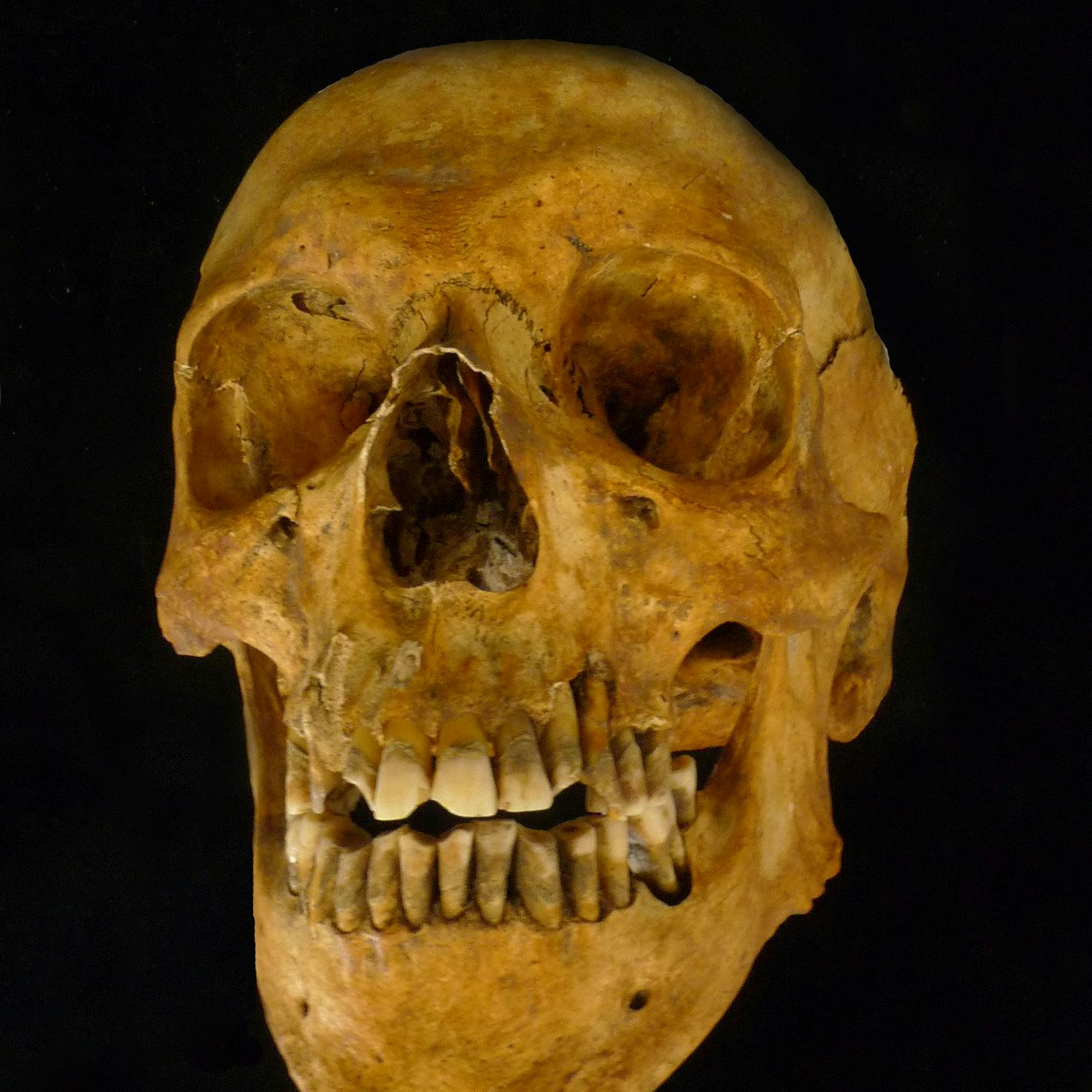


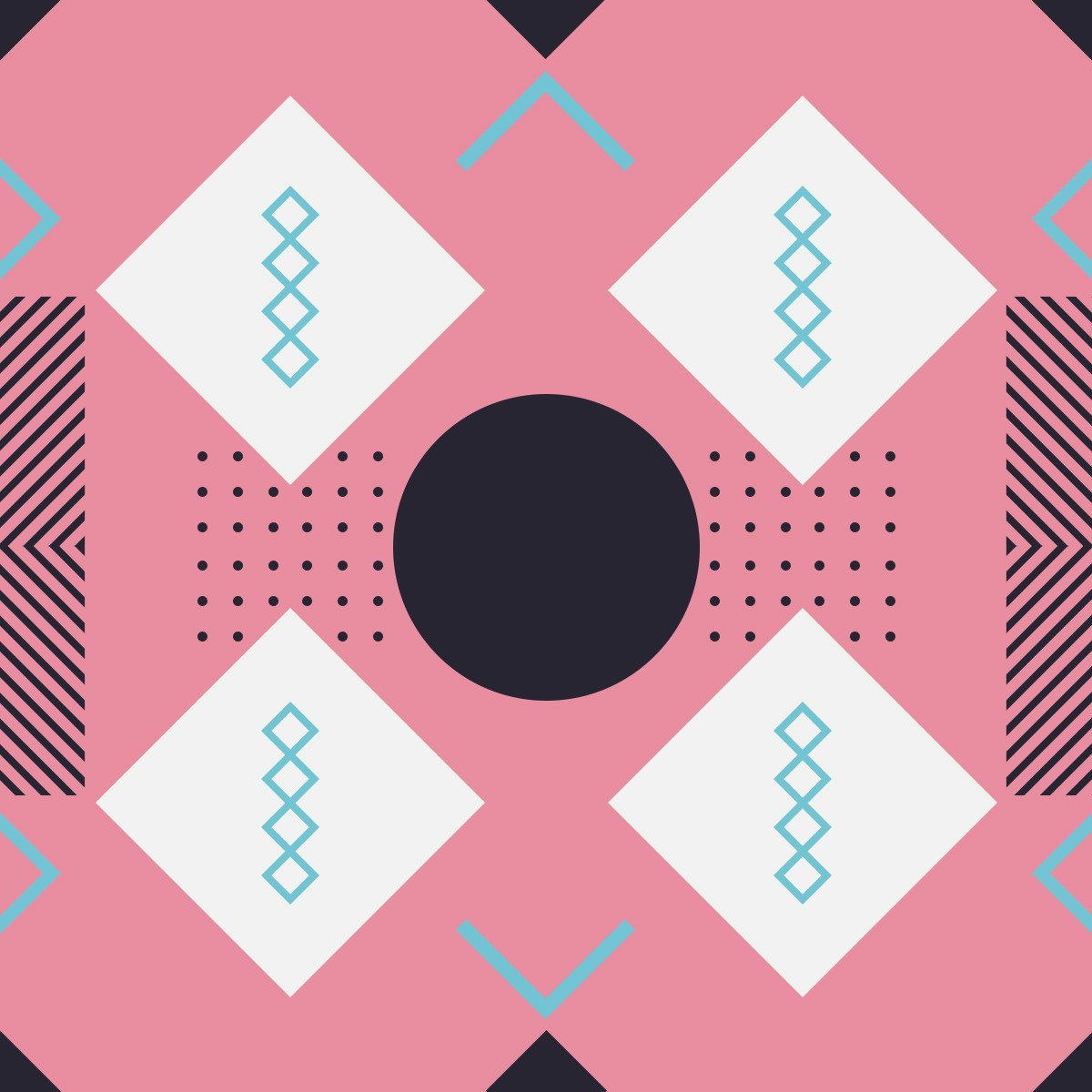

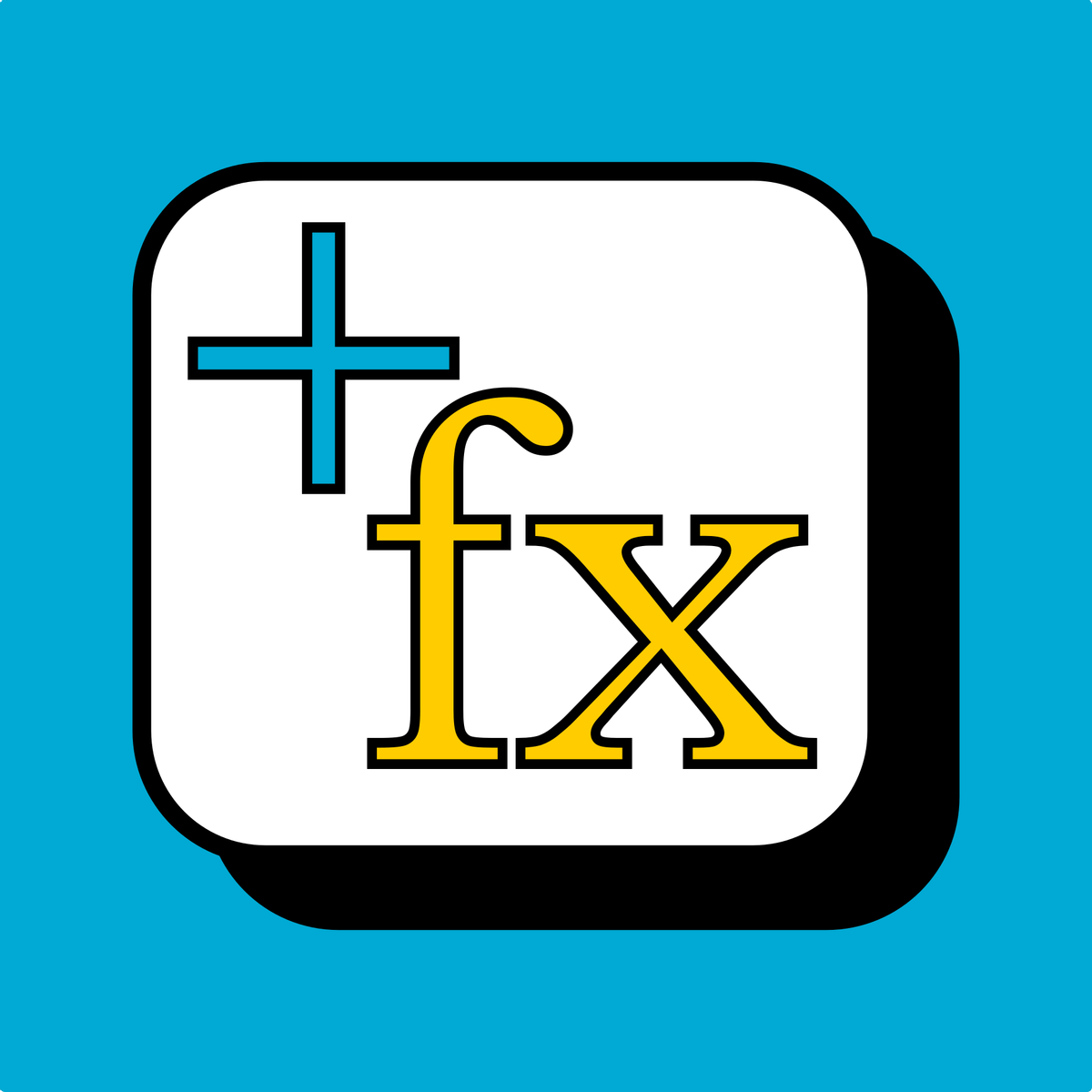
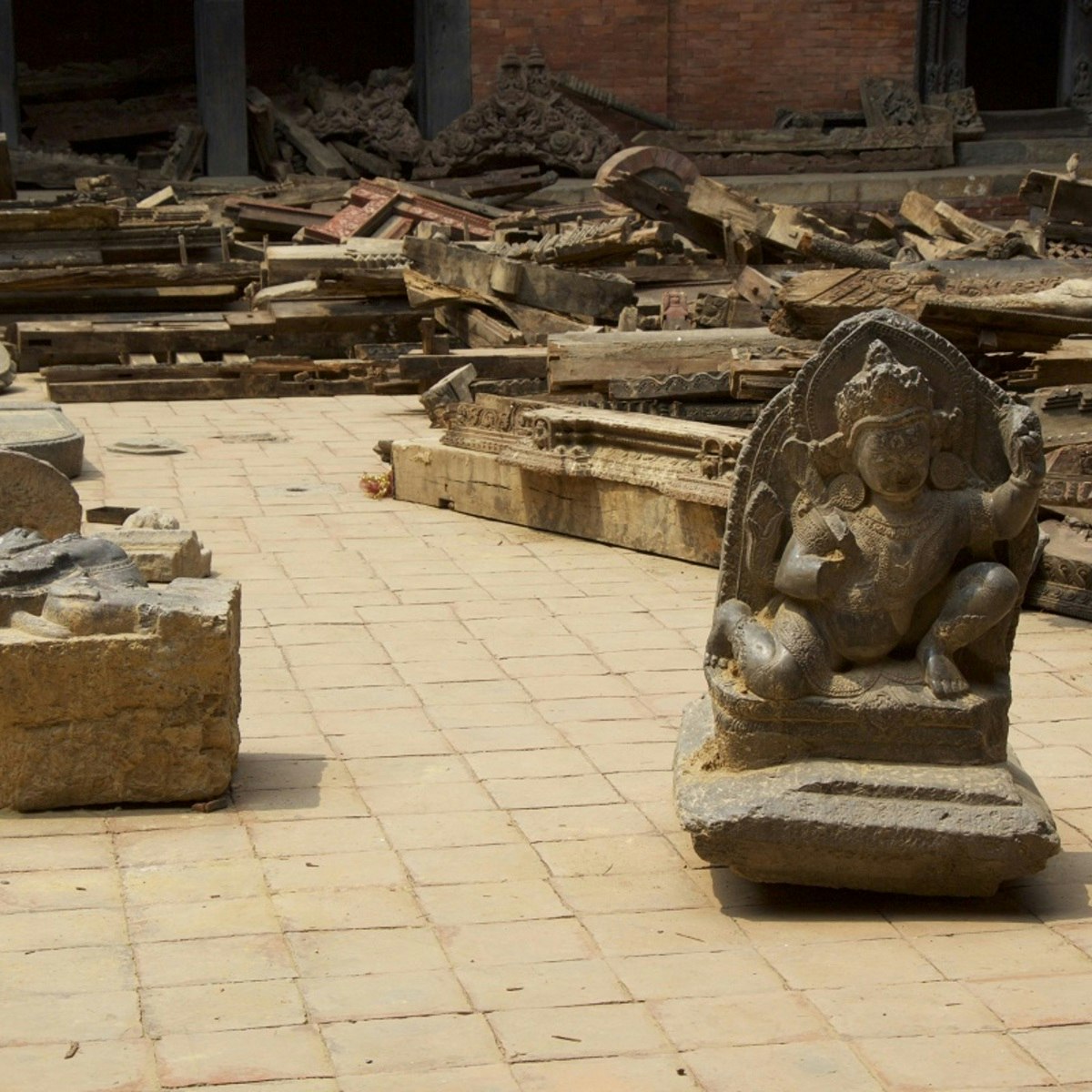
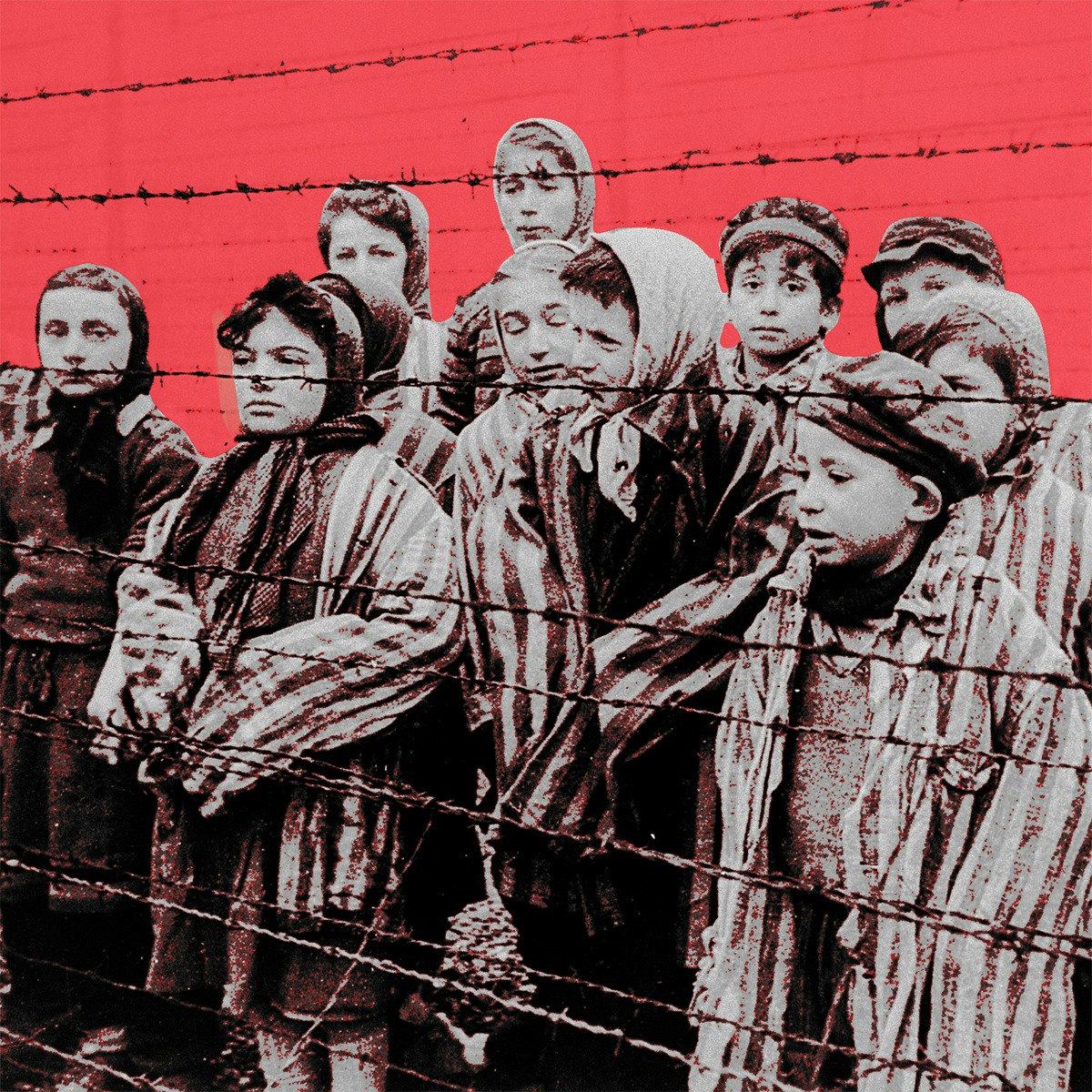

Arts And Humanities Courses - Page 11
Showing results 101-110 of 464

Exploring Beethoven's Piano Sonatas Part 5
Welcome to Exploring Beethoven's Piano Sonatas Part 5! You’re joining thousands of learners currently enrolled in the course. I'm excited to have you in the class and look forward to your contributions to the learning community.
To begin, I recommend taking a few minutes to explore the course site. Review the material we’ll cover each week, and preview the assignments you’ll need to complete to pass the course. Click Discussions to see forums where you can discuss the course material with fellow students taking the class.
If you have questions about course content, please post them in the forums to get help from others in the course community. For technical problems with the Coursera platform, visit the Learner Help Center.
Good luck as you get started, and I hope you enjoy the course!

Osteoarchaeology: The Truth in Our Bones
This course is about what we can learn from examining the human skeleton, and how we can use this knowledge to reconstruct the lives of people who lived in the past. In archaeology and anthropology, human skeletal remains can provide unique insights into the past and the present; insights that cannot be gained otherwise.
These insights are explored in five main themes spread out over five weeks of learning. First, it is shown how age-at-death, sex and stature can be estimated by the close examination of (archaeological) skeletal remains. In subsequent modules it is shown how human bones can provide information about the diseases and injuries that people suffered from and what they ate. Also, it is shown how the human skeleton provides information about the kinds of activities that people engaged in and about how they migrated and moved around their landscapes.
In this course, you will examine all aspects of the human skeleton that can provide us with information about these different facets of life. Together we will explore the scientific field that is known as human osteoarchaeology.
- Human, because it is about us and our ancestors,
- Osteo, because it is about our bones,
- Archaeology, because we use this information to better understand the behaviors and events experienced by past people.
During the course, you will decipher the clues left behind in the skeletons of past peoples with the methods and techniques that are presented. You may also discover some clues hidden in your own skeleton and what they reveal about the life that you are living.
Want to know more? You can take a look at the course trailer here: https://www.youtube.com/watch?v=fJi22TxzpRw

Philosophy and the Sciences: Introduction to the Philosophy of Cognitive Sciences
Course Description
What is our role in the universe as human agents capable of knowledge? What makes us intelligent cognitive agents seemingly endowed with consciousness?
This is the second part of the course 'Philosophy and the Sciences', dedicated to Philosophy of the Cognitive Sciences. Scientific research across the cognitive sciences has raised pressing questions for philosophers. The goal of this course is to introduce you to some of the main areas and topics at the key juncture between philosophy and the cognitive sciences.
Each week we will introduce you to some of these important questions at the forefront of scientific research. We will explain the science behind each topic in a simple, non-technical way, while also addressing the philosophical and conceptual questions arising from it. Areas you’ll learn about will include:
Philosophy of psychology, among whose issues we will cover the evolution of the human mind and the nature of consciousness.
Philosophy of neurosciences, where we’ll consider the nature of human cognition and the relation between mind, machines, and the environment.
Learning objectives
Gain a fairly well-rounded view on selected areas and topics at the intersection of philosophy and the sciences
Understand some key questions, and conceptual problems arising in the cognitive sciences.
Develop critical skills to evaluate and assess these problems.
Suggested Readings
To accompany 'Philosophy and the Sciences', we are pleased to announce a tie-in book from Routledge entitled 'Philosophy and the Sciences for Everyone'. This course companion to the 'Philosophy and the Sciences' course was written by the Edinburgh Philosophy and the Sciences team expressly with the needs of MOOC students in mind. 'Philosophy and the Sciences for Everyone' contains clear and user-friendly chapters, chapter summaries, glossary, study questions, suggestions for further reading and guides to online resources.
Please note, this companion book is optional - all the resources needed to complete the course are available freely and listed on the course site.

Introduction to Game Design
Welcome! This course is an introduction to the primary concepts of gaming, and an exploration of how these basic concepts affect the way gamers interact with our games. In this course you will understand what defines a “game” and the mechanics and rules behind different types of games. Through four linked assignments you'll learn ways to create and describe a game concept, and specifically what makes a compelling game. This course focuses on the conceptual underpinnings of games, and all assignments can be completed with a pencil and paper – no previous programming knowledge is required.

Web Design: Wireframes to Prototypes
This course is focused on the application of the early UX research to actual user interfaces: the creation of wireframes, high-fidelity mockups, and clickable prototypes. Along the way we will also discuss:
- Responsive web design and mobile web challenges
- Mobile-first approach
- Web typography
- The relationship between design and programming and whether it is important to know how to code
- The different web technologies that make the web work, such as HTML, CSS, JavaScript, server-side coding, and databases.
This course is the continuation of the course Web Design: Strategy and Information Architecture, in which students completed the first half of a large scale project—developing a comprehensive plan for a complex website. If you are intending to complete the assignments in this course to earn a certificate you must complete the Strategy and Information Architecture course first so you have the materials and data needed to begin creating wireframes and mockups in this course.
This is the fourth and last course in the UI/UX Design Specialization, which brings a design-centric approach to user interface (UI) and user experience (UX) design, and offers practical, skill-based instruction centered around a visual communications perspective, rather than on one focused on marketing or programming alone.
These courses are ideal for anyone with some experience in graphic or visual design and who would like to build their skill set in UI or UX for app and web design. It would also be ideal for anyone with experience in front- or back-end web development or human-computer interaction and want to sharpen their visual design and analysis skills for UI or UX.

Espace mondial, a French vision of Global studies
To explain how globalization rebuilt public policy and social behavior, we study the different political, economic, and social actors - public or private, individual or collective - and the exchanges and interactions between them that are remaking international relations. This course is inspired by a French sociological and historical approach to international relations.
This course is also available in french version: www.coursera.org/learn/espace-mondial-fr/
Course will be ending soon
Dear Learners
We are reaching out to let you know that Espace Mondial course will close for new learner enrollment on17th November 2022 . Since you have already enrolled, you will continue to see it on your Coursera Dashboard as long as you remain enrolled in the course.
If you are interested in earning a Course Certificate for this course, please upgrade or apply for Financial Aid by 15th November 2022, if you have not already done so. If you are a Coursera for Business learner, you can continue to use your sponsored credit. In order to earn a Course Certificate, you will need to complete all graded assignments, including peer reviews, by February 17th, 2023 . After that point, no new assignment submissions will be accepted for Certificate credit.
While we hope that you will be able to complete the course, you can find more information about requesting a refund (https://www.coursera.support/s/article/209819043-Request-a-refund) or unenrolling from a course (https://www.coursera.support/s/article/208279756-Unenroll-from-a-course) in our Learner Help Center.
Happy Learning

How to Use Layer Styles and Effects in Adobe Photoshop
By the end of this project, you’ll be comfortable adding, controlling, and combining effects and styles in Adobe Photoshop. You’ll practice using existing effects and layer styles, then build a neon light style from scratch —and save that custom layer style for later projects.

Heritage under Threat
In this course you will learn to articulate your own concepts about (threatened) heritage and that of others. What is your heritage? Who defines heritage? Why is heritage under threat? How can we protect heritage?
WW1, WW2, Cold war politics and contemporary conflicts as well as continuing political and socio-economic inequalities and colonial pasts are all factors playing a role in the global heritage discussions and approaches to (or lack of ) valorization and protection of heritage. Hence, issues behind destruction or threats to heritage are related to complex issues, often connected to complex landscapes of wars, the war-on-terror, fundamentalism, migration, global warming, financial crises, inequality and diverse interests of local communities.
This course, sponsored by the LDE Centre for Global Heritage and Development and the Honours Academy of Leiden University, and the Netherlands Commission for UNESCO gave its support to one of the sections of the MOOC, will explore these issues. We wish to engage global communities and widen the perspective on threatened heritage. You can help us with this.

The Holocaust: The Destruction of European Jewry
The Holocaust: The Destruction of European Jewry is an adaptation of an on-campus course that has been co-taught by Murray Baumgarten, Distinguished Professor of English and Comparative Literature (Literature Department), and Peter Kenez, Professor Emeritus (History Department), for over 20 years at UC Santa Cruz.
In this course, you will explore the Holocaust from the overlapping perspectives of literature and history—through memoirs, historical documents, poetry, documentary footage, filmic representations, and novels. You will expand your knowledge of the literature of the Holocaust, Eastern and Western European Jewish communities, the origins and development of antisemitism, the establishment of labor and extermination camps, resistance movements, and the Holocaust as a problem for world history.
There is more than one way to take this course: You can complete all of the activities (and earn a Verified Certificate) or only the activities that are most interesting to you. Whatever you choose to do, we encourage you to find a havruta (a study partner) in your community or in the Coursera community so that you can experience the course in a more interactive and meaningful way.

Create a Mockup in Canva
By the end of this project, you will have learned how to create a Mockup using the free version of Canva.
A mockup is a digital design that helps you visualize and showcase your social media posts at an early stage of development. Both your team and clients benefit from a mockup, as ideas can easily be visualized and discussed.
We can use Canva to complete this project because it provides all the tools you need to create organized and visual mockups while offering a variety of options for sharing and collaboration. You will learn how to plan and organize your ideas and utilize graphic design tools to bring your ideas to life. Your completed Mockup will serve as a template for future projects and your newly acquired skills will help you promote your business on social media.
Popular Internships and Jobs by Categories
Browse
© 2024 BoostGrad | All rights reserved


